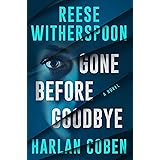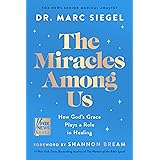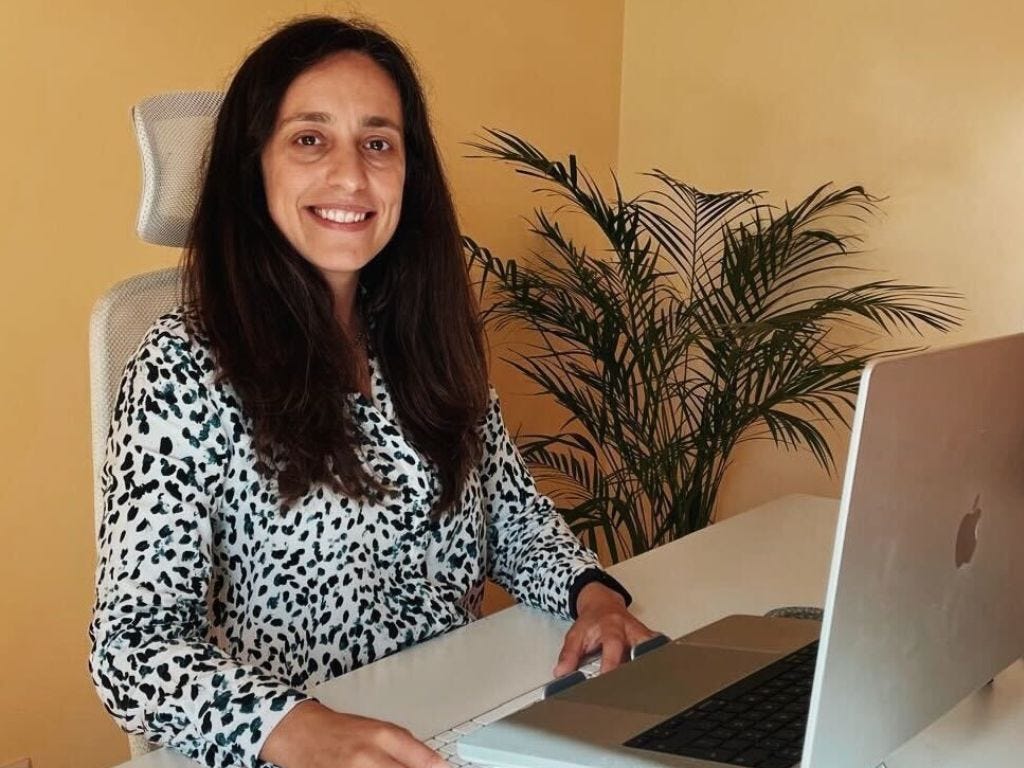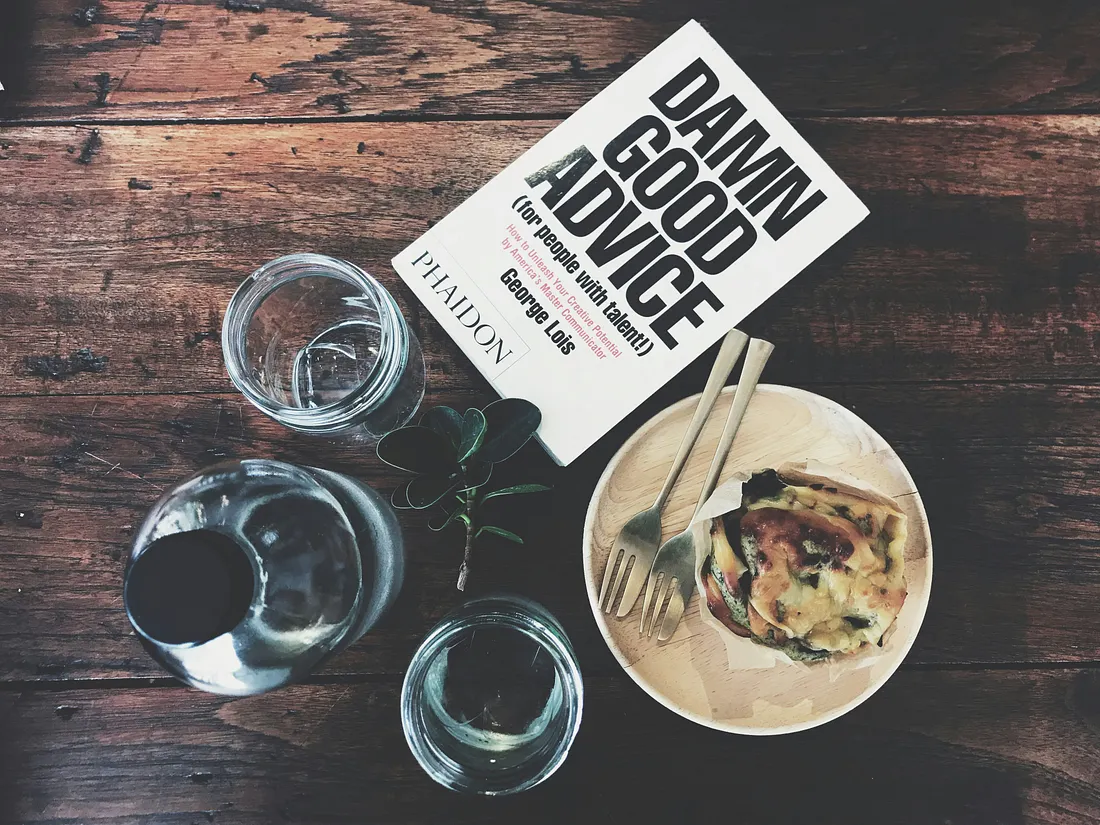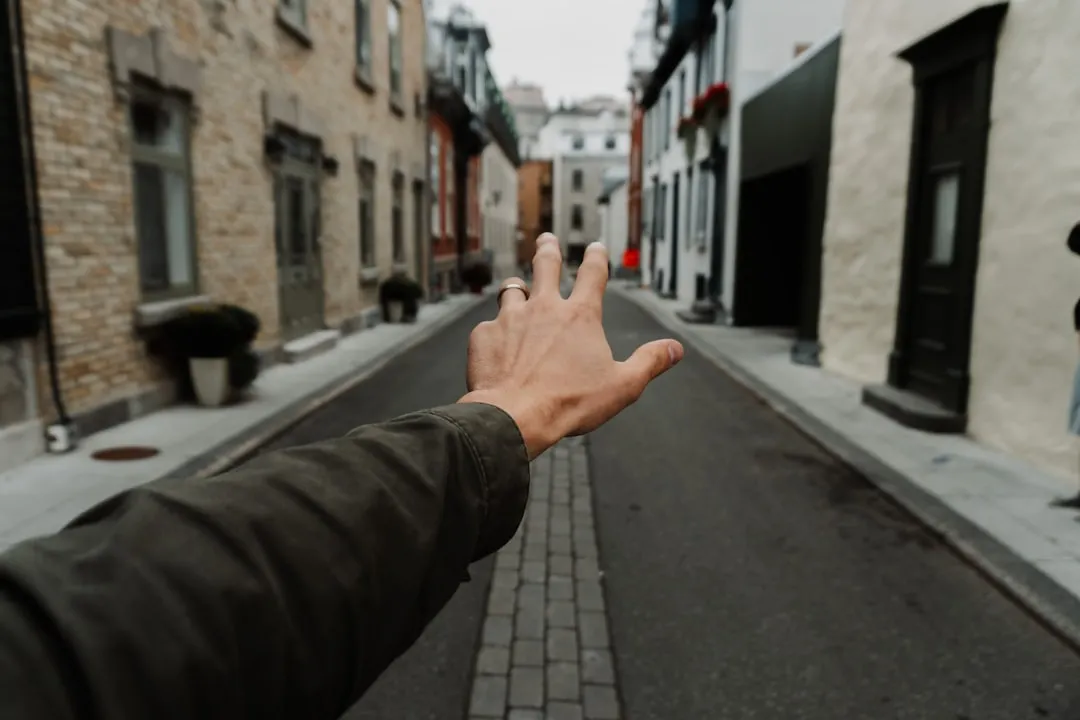“Unlocking Untold Stories: Why a Diverse Writing Community is Essential in Today’s World”
Isn’t it fascinating how a single book can transport us into a world brimming with complexities, cultural richness, and perspectives far removed from our own? Yet, imagine if our literary diets exclusively featured the same flavor — the same voice, the same storylines. What would that do to our understanding of the world? That’s where the real power of variety in literature comes into play. It’s not just a matter of adding a sprinkle of spice to our reading lists; it’s about fostering equity and understanding for all. In this article, we delve into the profound importance of including diverse voices and narratives in literature, shedding light on how these varied perspectives not only enrich our stories but also combat loneliness for those navigating a world that often feels isolating. So, are you ready to embrace the transformative power of diversity in literature? LEARN MORE.

Variety in Literature Promotes Equity for All
This is not a political statement.
This goes beyond partisan leanings.
Nor is this about race, as some would suggest when they hear “diversity.”
Diversity is a difficult topic to broach, largely because it carries so many connotations, some of which are undeserved. Some associate diversity with unfair advantage, overshadowing the majority, or being a burden to conservatives.
Diversity has always been much more than all those things. Yet, it has recently been under attack, which is why we need to renew the call to celebrate diversity now more than ever.
As a multiracial writer, I’ve struggled with diversity in a myriad of ways. One was with my identity because, growing up, I was taught that race was singular. You were either White, Black, Mexican, or Asian (note I grew up in a less-than-diverse neighborhood). There was no such thing as mixed race or multiracial, which left a kid like me feeling confused, angry, and, most of all, alone.
And it’s that last part I want to focus on: loneliness.
When done well, diversity initiatives and efforts can provide an antidote to loneliness, specifically the kind of loneliness individuals from marginalized groups tend to experience. Those of us who are diverse often grew up in environments where we were outnumbered, outshone, or outside of conventional norms. I can’t say, “There were a lot of kids like me growing up,” because there weren’t.
Diversity reframes the narrative of loneliness among the marginalized. It introduces diverse individuals to others who share their race, ethnicity, background, or societal status. Rather than ignore or gloss over one’s identity, diversity sheds light on what was so long overshadowed or ignored. And while we can never change our history, we can change our perspective. Instead of saying, “There weren’t a lot of kids like me growing up,” people such as myself can say, “I didn’t know there were so many who grew up the way I did.”
Diversity in literature can help contribute to such realizations, to awestruck moments when we realize differences are not the exception; they are the rule. I was an avid reader in school, but the literature available at the time was homogeneous. Works by white men filled one syllabus to another. My favorite authors at the time were names common in academia: Hemingway, Thoreau, Faulkner, Poe, and Crane, to name a few. Or, to put it differently, people who didn’t look like me, who had a racial identity unlike my own.
It wasn’t until college that I discovered diversity in literature and, with it, the emergence of my voice. Suddenly, my unspoken past was no longer a liability, one I hid behind my Scottish surname. I began to read books by Others, though even then, the concept of multiracialism was still in its infancy. Still, I had found a thread, a lifeline in the diversity of authors willing to share their experiences of being minorities. To this day, I continue feeding my curiosity by seeking out diversity in literature, from authors in the writing community from different backgrounds, those brave to share their unique perspectives and experiences.
Diversity in literature isn’t just about giving a nod to writers because of their minority status. It’s deeper than that; it’s about the difference in perspective. Take, for instance, the American Dream, which means different things to different people. For some, it may be owning a home. For others, it may be a steady, professional career. Perhaps it’s having a nuclear family or maybe raising non-biological children. Maybe it’s retiring — or retiring early — on a beach. Still, others may aspire to become U.S. citizens or leave the U.S. and see the world. Regardless of who aspires to what in pursuing the American Dream, the why — due to one’s family structure, school, family, and social circle — shapes choices, decisions, and motivations. And the more we are aware of such variances among diverse groups, the deeper and richer our shared experience of the human condition becomes.
Sharing a different perspective has the potential to change anyone, whether they identify as part of a minority or the majority. It can inspire, uplift, and enlighten.
Diversity isn’t just for the few. Nor the many. It’s for everyone.

